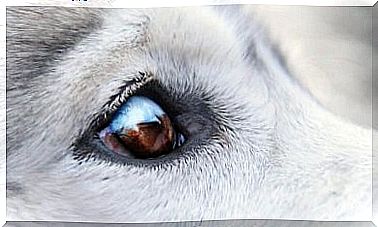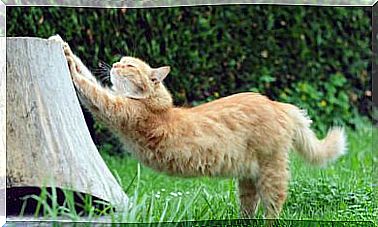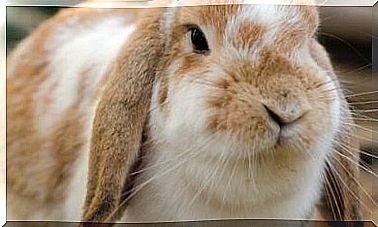Did You Know That The Cat Recognizes Its Owner’s Voice?
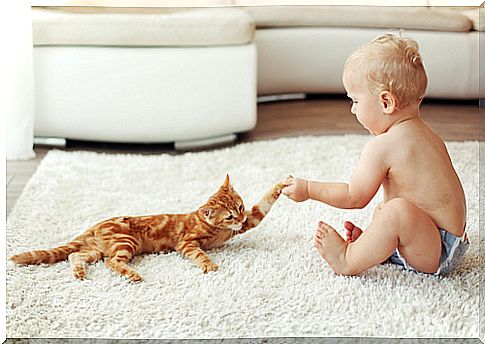
Unlike dogs, cats don’t come running every time their master calls. However, a study by the University of Japan, developed by researchers Kazutaka Shinozuka and Atsuko Saito showed that cats recognize their owners’ voices.
The study
To demonstrate this, the researchers studied the reaction of 20 cats through a recording, in which five different voices called for the cat. The fourth voice recorded was always the voice of the cat’s owner.
These Japanese researchers analyzed the movement of the animal’s ears, tail and head, the emission of sounds, the dilation of the eyes and the cat’s movements in front of each voice in the recording.
In all cases, greater interest and body movement was detected when the voice recording belonged to the owner.
So why doesn’t my cat answer me when I call?

The reason is evolutionary. With the advent of agriculture, the ancestors of the modern cat began to get closer to humans, because the grains attracted many rodents.
Thus, cats remained around humans, fed and cared for by themselves, without any intervention from their owners.
Therefore, cats have learned to get along with humans without depending on them, unlike dogs that have traditionally been trained by humans to do different tasks.
Cats, however, have always been accustomed to independence and not obeying orders.
Does my cat’s personality have something to do with his obedience?
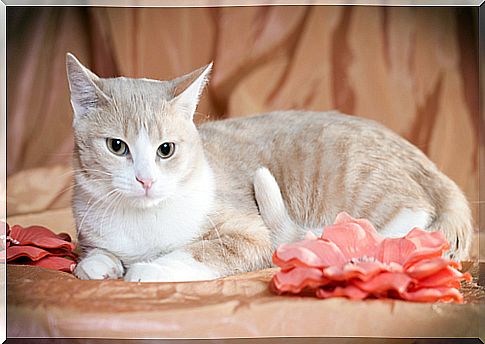
The cats are very independent animals, they need their own space and do not require constant attention. Unlike dogs, which have the owner as the head of the pack, cats have the owners as “mother”, and only approach him when they need something, want food or treats.
They are extremely curious animals and possess a great physical ability that can make them pass through almost any gap.
Also, like humans, cats have different personalities, and although each cat is different, their personalities can be classified.
One of the personality traits that cats develop is shyness. Shy cats keep a distance from humans and retreat to a corner to see everything from there.
Therefore, it is desirable that the first contacts with human beings are always made with caution and, from that, the cat will approach whenever he wants.
Keep in mind that these cats are often nervous and skittish, so you should try not to make loud noises or sudden movements. Another possibility is that the cat is an extrovert.
Extroverted cats are not afraid of anything, they are active, curious and let themselves be petted. Even so, it’s best to let them approach humans voluntarily, but they’re playful with children and don’t hesitate to seek refuge in their arms. Of course, they hate anything that wakes them up and interrupts their naps.
The quiet cats are balanced and do well with other cats. They take everything calmly, silently and are very good companions, because they can spend hours, peacefully, in their basket without meowing. This type of cat doesn’t suffer from stress, because he doesn’t let anything affect him.
And finally, cats can develop a spoiled personality. Pampered cats are sensitive and susceptible. If they get bored, they get angry, and the worst thing is that this anger can last for hours. They are very possessive and if they cast their eyes on something they think is theirs, they won’t let anyone touch it.
In addition, all cats are very independent, react very poorly to change, and do not depend on the company of others of the same species, so coexistence with human beings is relative.
If we combine this data with the study showing that cats recognize their master’s voice, the conclusion is simple: your cat knows you’re calling him, but he doesn’t want to come.

